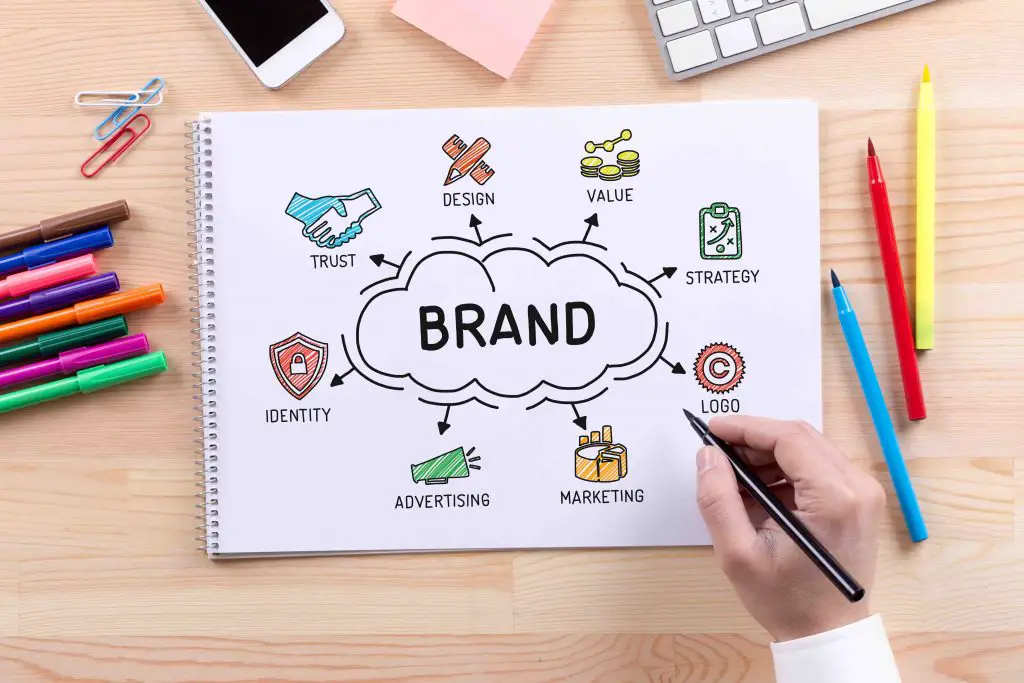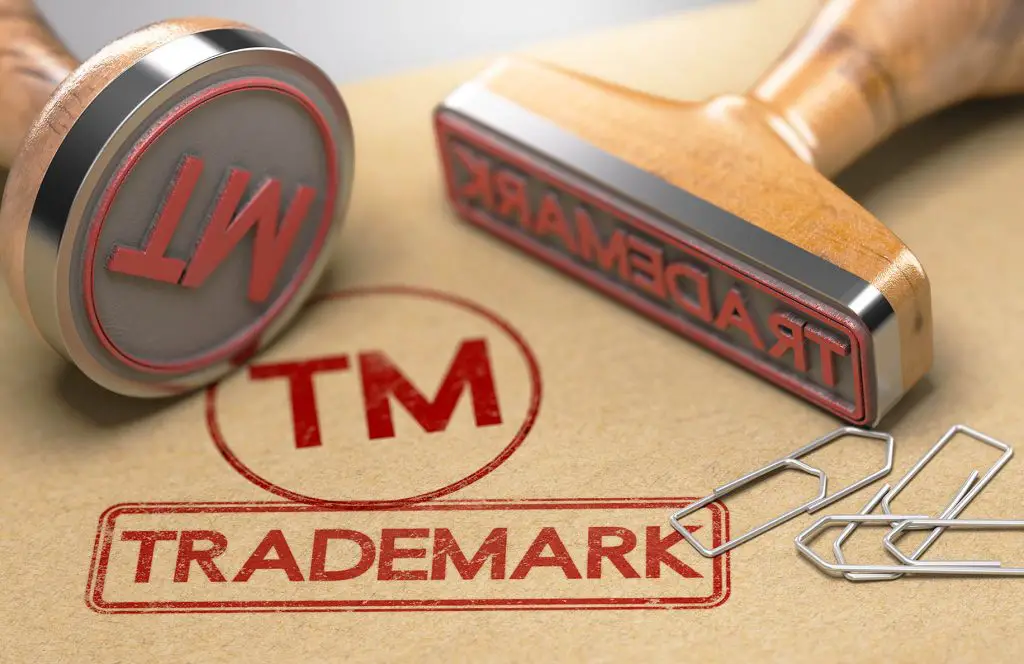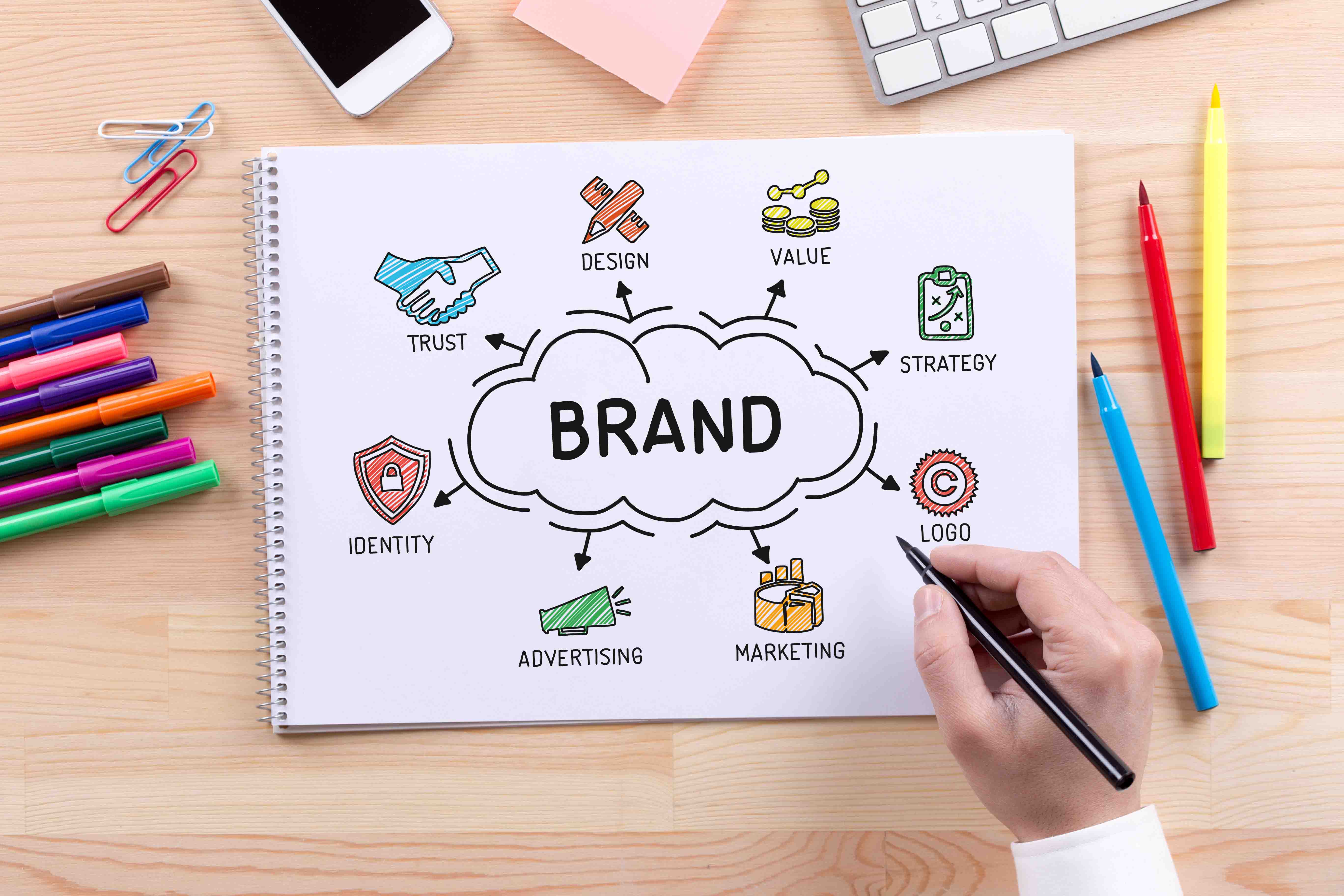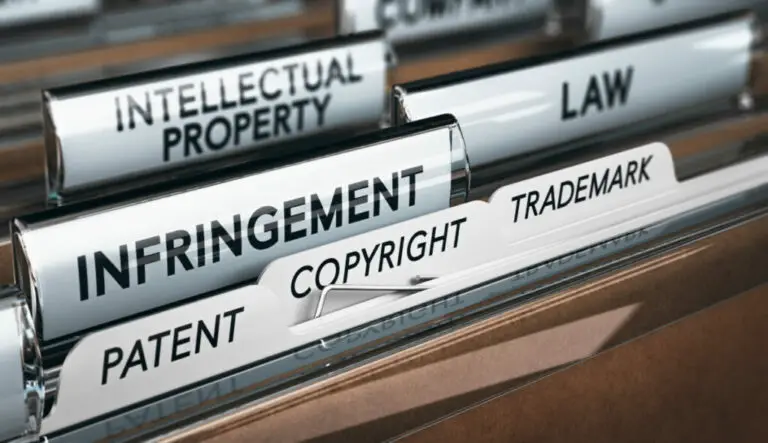What Things Should YouTubers Trademark?

Trademarks are such an important part of building a brand and establishing your presence as a business. For someone like a YouTuber who may not be selling physical goods, there are still things that they can and should protect through trademark registration.
YouTubers should trademark their channel name and any slogans or logos they use to promote their videos. Trademarking any unique and identifying words, phrases, or images will help protect YouTubers from potential imitation and unauthorized use that could damage their reputation or reduce views.
Registering your trademark as a YouTuber could be the next step in establishing your presence as a content creator. Give your creative work the legal protection it deserves.
Channel name
Arguably, the most important thing for a YouTuber to trademark would be their name. Any YouTuber that is making significant money from their YouTube videos and is serious about using the platform as a moneymaking business should trademark their channel. The sooner you trademark the better, so you are the first to claim your mark and can get legal protection as soon as possible.
Trademarking the name of your channel will prevent any other YouTuber from using a similar name. Obviously, no one else could have the exact same name as you even without a trademark since YouTube won’t allow duplicates. However, you also want to prevent confusingly similar names that could closely imitate your channel.
Without a registered trademark, a YouTuber with a very similar name could produce very similar content in a way that might be difficult for viewers to notice. This could reduce your views, and you could lose trust with your loyal audience.
Trademarking the name of your channel is the first step to establishing yourself as something distinct from other content that is published on YouTube. Additionally, a trademark prevents other Youtubers from using your name in their content without your consent.
They cannot legally use your name to promote themselves, bash you and your content, or manipulate your brand in any other way. Don’t worry, a trademark will not prevent you from collaborating with other creators. The key with a trademark is that your permission is now required before anyone else uses your name.
Words, Phrases, and Sounds

Lots of YouTubers will have certain words or phrases that they repeatedly use in their content. Intros, outros, or a clever name for your subscribers could all potentially be trademarked. Not just any phrase you repeatedly use throughout your videos is trademarkable though. There are a few requirements for what is eligible to be registered.
A trademark needs to be both unique and identifying. Common words and phrases cannot be trademarked. A trademark prevents other people from using the mark, so it would not be fair to prevent everyone else from using a super common saying in their videos as well. For example, if you start every video with “Hey guys, what’s up?”, you are not going to be able to protect this phrase. The words and phrasing are way too commonly used in YouTube and throughout normal life.
In addition to being unique, the word or phrase should be something that you use to identify you and your channel. When people hear or see the phrase they should immediately think of your channel, and not have it be confused with any other platform or situation. Trademarking a phrase is not realistic for every YouTuber, but may be helpful in certain situations.
If you have a catchphrase that builds an important part of your YouTube identity, it is worth protecting. A registered trademark will prevent other YouTubers from using similar catchphrases in a way that may confuse viewers or take away from your success.
Although it is not as common, you could trademark a sound. This might be an intro jingle or a unique sound effect. The same rules apply, the sound must be uniquely yours. The best application for this type of trademark would likely be any song or sound you might use with your name as an intro or outro. (source)
Images and designs
Another possibility for a trademark would be a visual design that you use to identify and promote your channel. This might be a logo or certain image you use as your profile picture on your YouTube channel. If you want to trademark an image, it needs to be something distinctly yours. A generic image of a common item will be very difficult to protect.
A very unique design that promotes you and your channel will make a better trademark, and will likely be more successful for your channel anyway. Combining distinct colors, words, and graphics will make a strong and easy to protect trademark, while also making it easy for viewers to identify you and your content. The rules for a strong trademark are typically going to be good guidelines for creating a distinct presence as well.
It would be unlikely that someone else tries to copy your logo or profile image exactly, but registering an image as a trademark will prevent any confusingly similar images from being used. A lot of success on YouTube relies on being unique. Trademarking your image will ensure that you continue to stand out as something different from the other video creators.
If you are selling merch with a certain image or logo on it, trademarking the design is even more important. Merch can be a huge source of income, and you will definitely want to protect that revenue. Having the legal rights to the image will prevent any third-party sellers from creating goods with your branding and profiting off your success without your consent.
How to register a trademark

To register your name, catchphrase, or logo you will want to file your trademark with the U.S. Patent and Trademark Office for legal protection in the United States as well as other countries. Although it is not required, you will likely want to hire an attorney to help you apply and navigate the registration process. An attorney will save you a lot of time learning about the nuances of the application and will help you avoid any processing delays that come from application errors.
Hiring an attorney will add additional legal fees on top of the regular registration fees. However, it may be worth the extra money when you consider the time you save as well as the prevented hassle and fees that would come with correcting any potential errors.
Registering a trademark will take at least a year, and possibly longer, depending on your situation and current processing times. Make sure you get the process started sooner rather than later to ensure that you have the protection you need when you need it. (Source)




